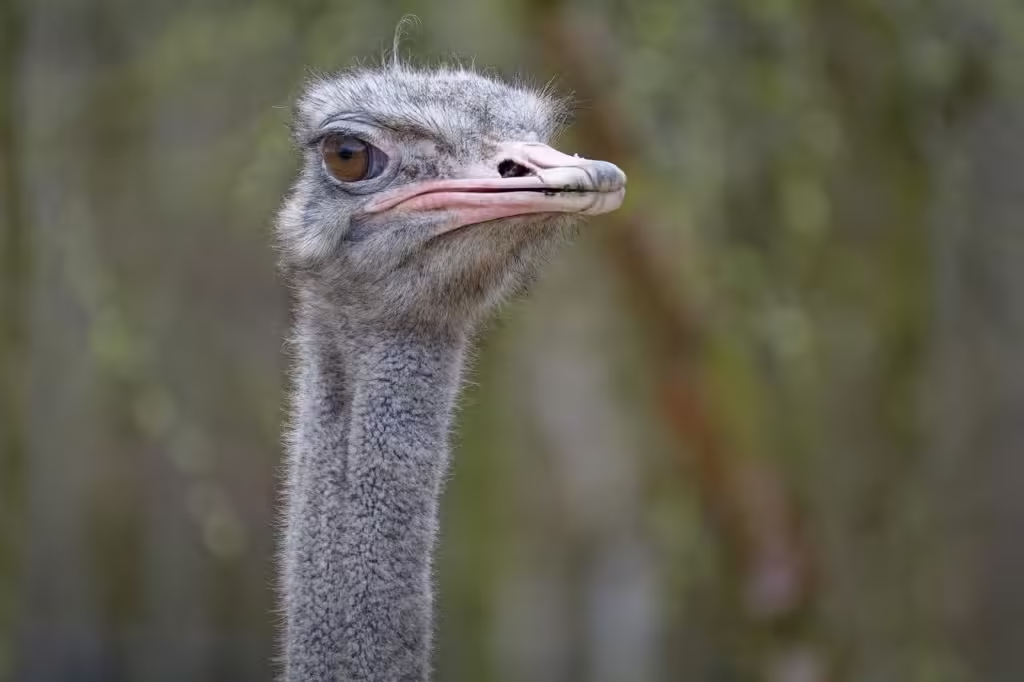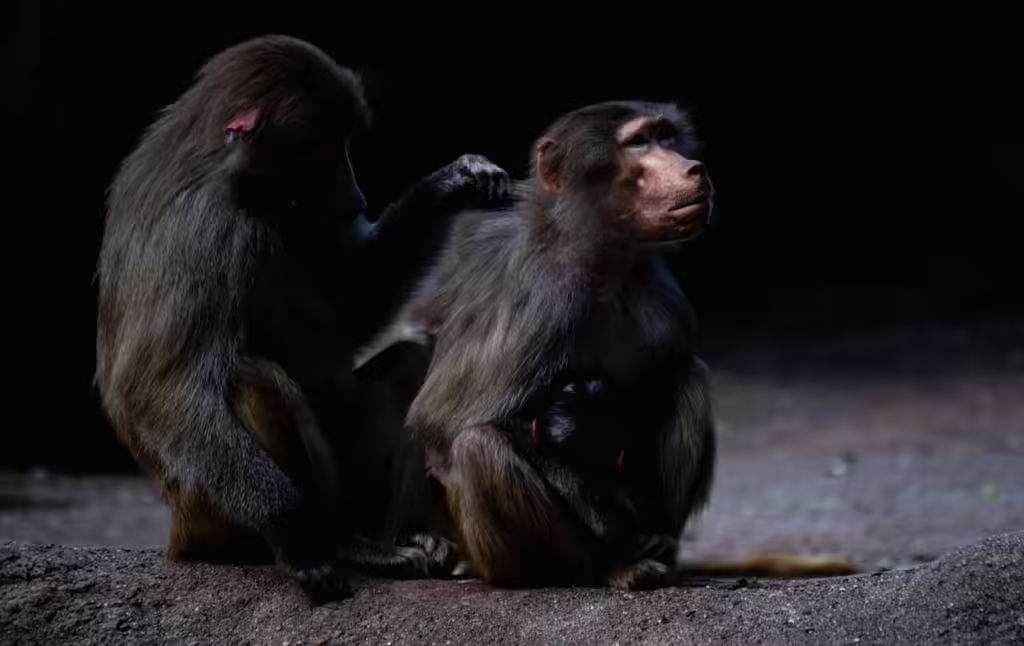Table of Contents
Which zoo animals prefer and which don’t enjoy seeing humans is revealed by a study.
We enjoy being around wild creatures, which is why we visit the zoo. Do they enjoy our company, though? Researchers from Harper Adams University, Bolton University, and Nottingham Trent University in the United Kingdom conducted a study to try and determine the response.
The scientists examined earlier studies on over 250 animal species to observe how human presence affected the animals’ behavior. Instead of studying monkeys, apes, or lemurs, they concentrated on non-primate species, which includes other mammals (56%) and birds (28%), as well as a limited number of fish, amphibians, reptiles, and invertebrates.
The majority of the animals under study exhibited a largely neutral reaction to humans. On the other hand, the researchers noted positive or negative responses in 17%-38% of the cases they observed.
Animal behaviorists categorized the effects of people on an individual animal’s behavior, such as feeding, resting, socializing, and movement within their enclosure, by examining and evaluating earlier studies. Negative reactions included, for instance, some repeated habits like pacing, which might be signs of boredom. Depending on the particular conduct, socialization can have a beneficial or bad impact.
In certain circumstances, they were also able to learn about physiological changes including breathing, heart rate, and body weight. Using all of this information, they were able to determine which animals were happy to see us.
Elephants responded positively in some of the most notable ways. Their degree of social interaction increased and their repetitive behaviors decreased during feedings in public. In the presence of humans, they also engaged in increased foraging. Elephants are known to be kind, so maybe these positive responses aren’t all that shocking.
Elephants’ responses to people in zoos, however, might just be a product of conditioning, according to Leith Meyer, head of the Center for Veterinary Wildlife Studies and associate professor of veterinary and pharmacology at the University of Pretoria, who spoke with Africa Check.
Elephants are among the most intelligent creatures; those kept in zoos are accustomed to humans and depend on them for nourishment. They are excited to see us, of course! But the study also noted that, due to their potential for harm, elephants are usually kept well away from humans by high barriers, which may lessen the likelihood of unfavorable encounters.
Birds in the parrot family are another group of animals that become very friendly towards humans. Cockatoos, for instance, have been seen to interact with people more when they are in their cages.

Cheetahs, jaguars, penguins, grizzly bears, polar bears, servals (a cat), banteng (a kind of cattle), and black-tailed prairie dogs completed the list of creatures that reacted favorably to humans.
The authors of the study cautioned against extrapolating the findings from the smaller sample sizes of non-elephant and parrot subjects because variations in individual animals, care, and enclosure design may have an impact on the outcomes.
Hedgehogs, marsupials, flightless birds, odd and even-toed ungulates (such giraffes and antelopes), ostriches, and tuatara (reptiles) appeared to be negatively impacted by human presence. Thus, you can proceed to take it personally if you ever witness an ostrich in a zoo fall to the ground (the head-in-the-sand thing is a myth).
All things considered, the researchers were encouraged by the results, including the fact that the majority of animals showed no reaction at all to people.

Dr. Ellen Williams, the study’s primary author and a zoo animal welfare scientist at Harper Adams University, said, “In elephants and birds it was encouraging to see a reduction in those repetitive behaviors towards something more positive in the presence of people, although the absence of change in the majority of species was also really good because it suggests enclosure design is changing to better support animals in responding to visitors.”
Because so much research has been done with the different species in this order, primates were left out of the study. However, if you’re curious about how humans influence monkey behavior, a study conducted last year by some of these same scientists discovered that when zoos reopened following COVID-mandated closures, the influx of visitors seemed to stimulate the baboons and chimpanzees, as well. as have a positive effect on bonobos and gorillas.
read also: The world’s population, in billions, abstains from eating pork. That’s the reason
zoo animals zoo animals zoo animals zoo animals zoo animals zoo animals zoo animals zoo animals
Study reveals which zoo animals enjoy seeing human visitors, and which don’t (msn.com)

